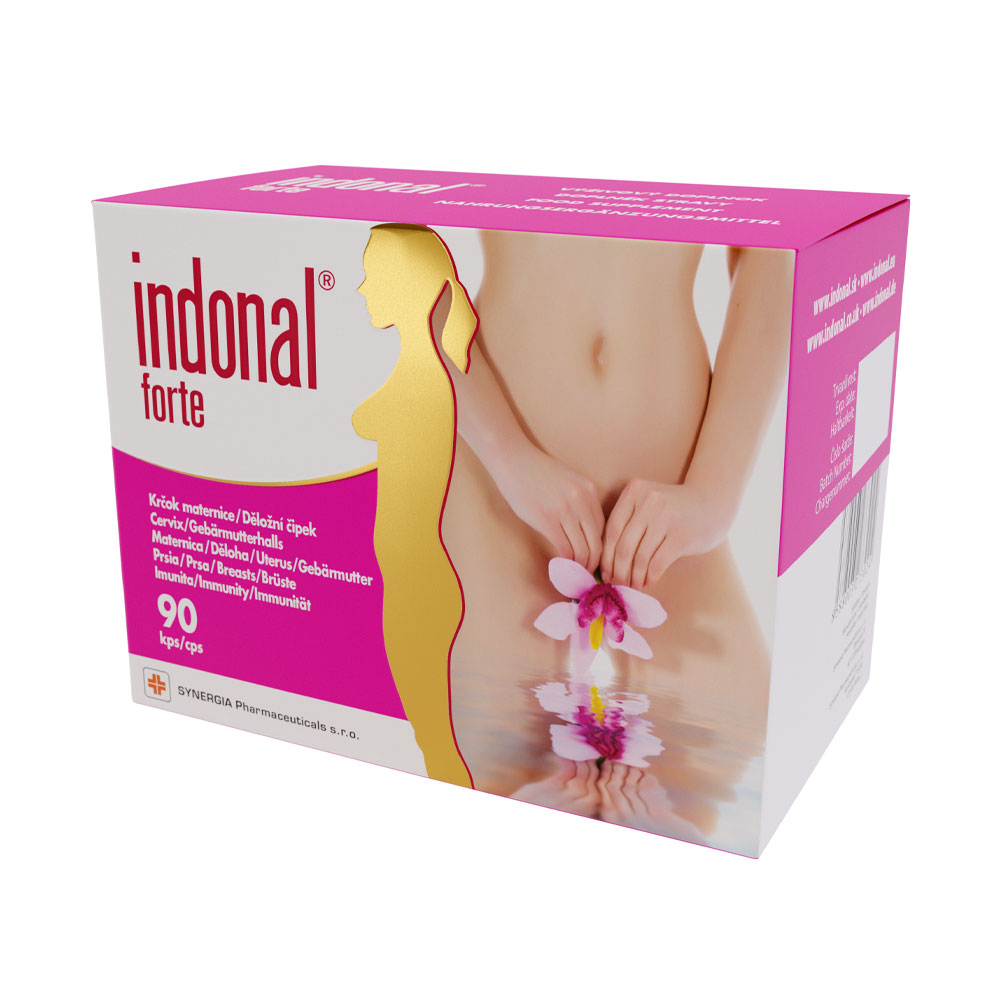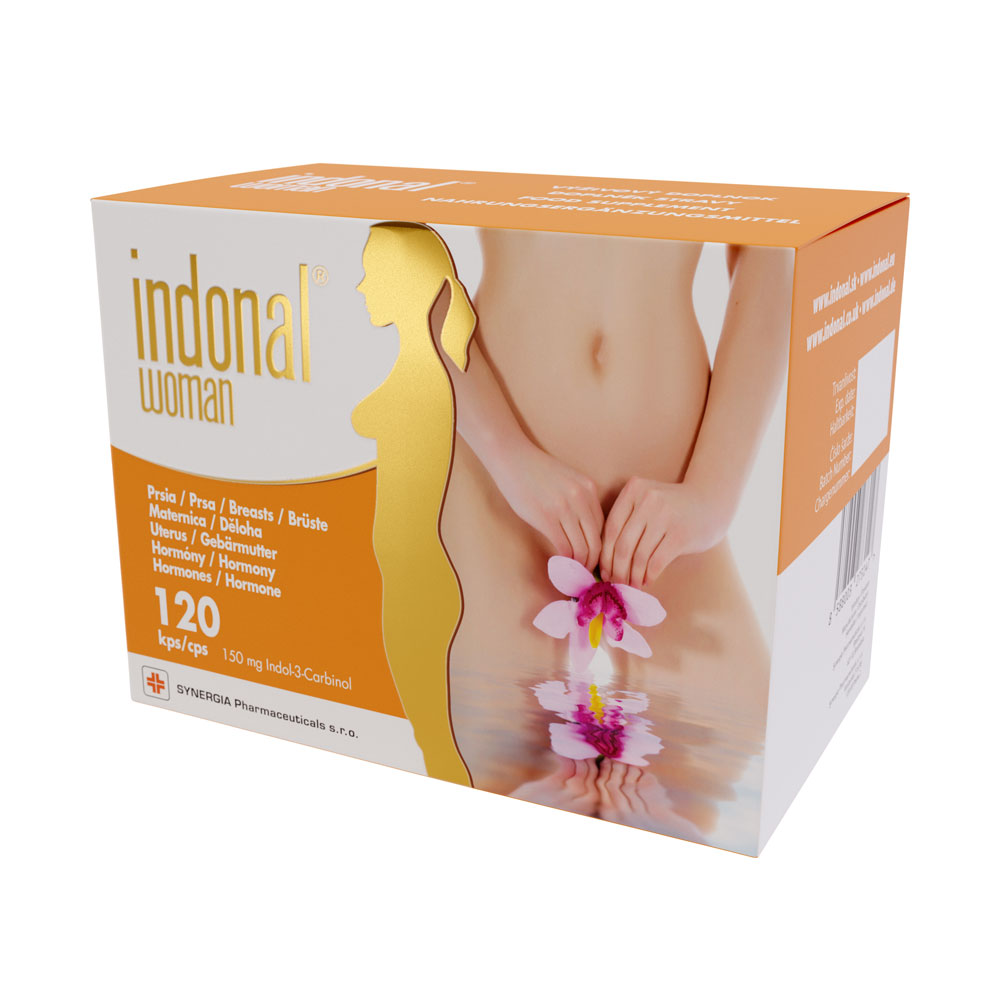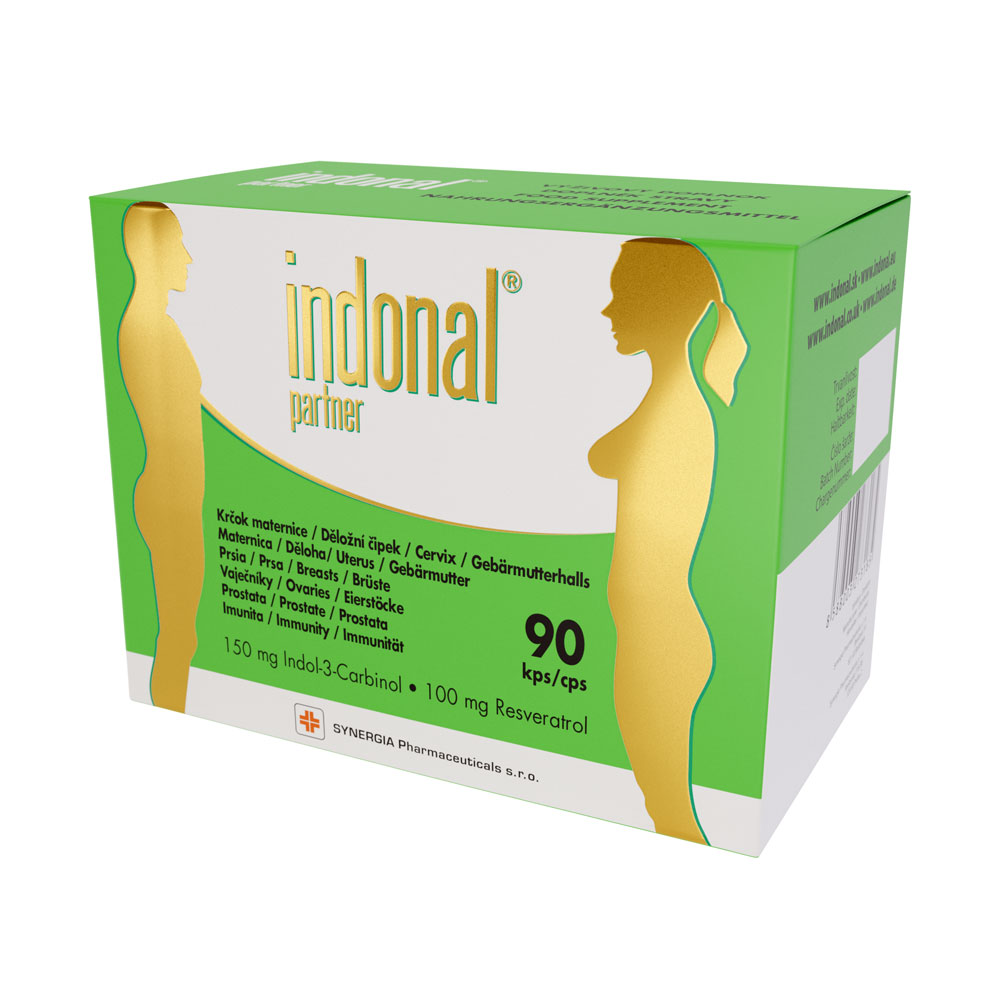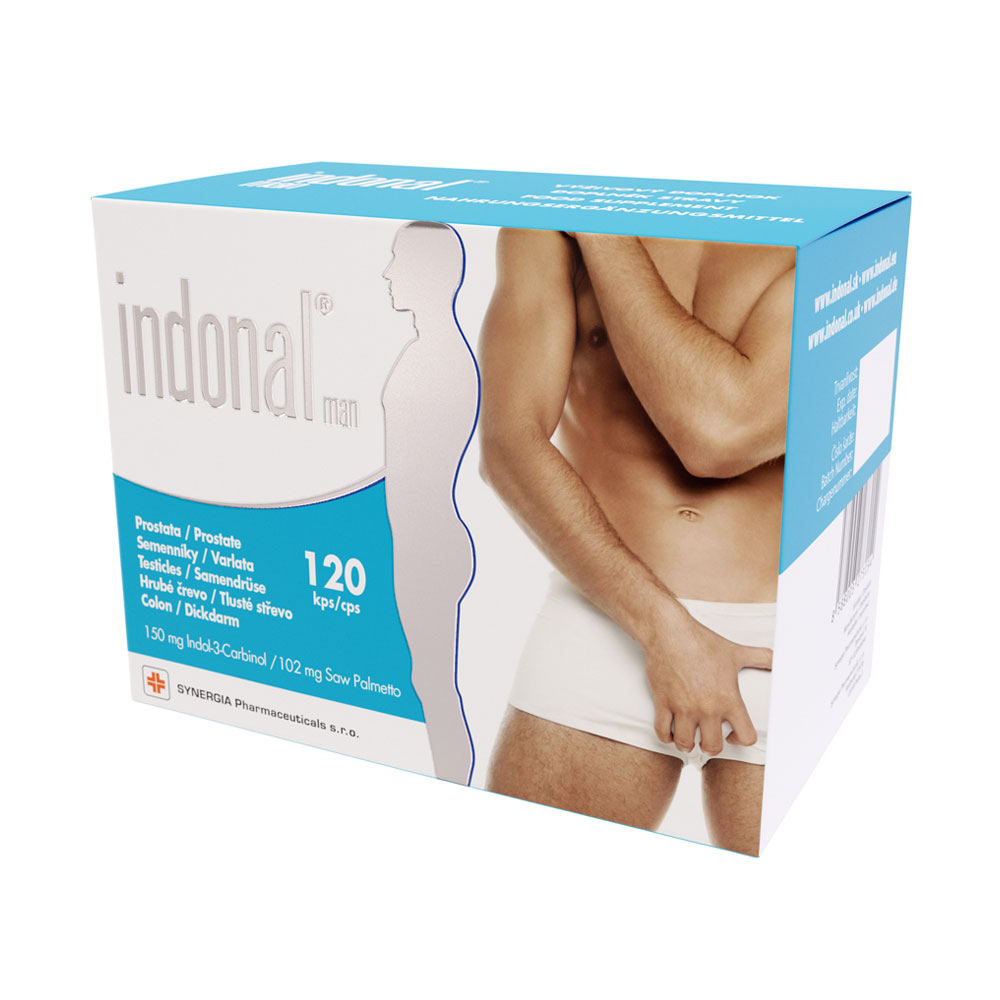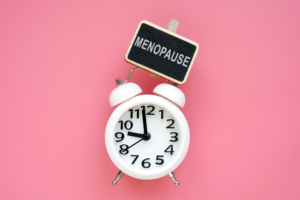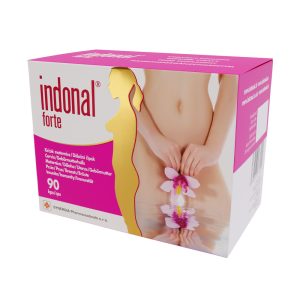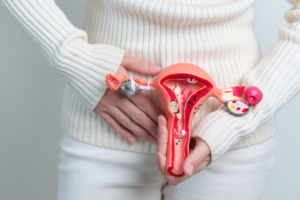Menopause is a natural process in every woman’s life that marks the end of her reproductive period. It is diagnosed when a woman has not had a menstrual period for 12 consecutive months. Menopause typically occurs between the ages of 45 and 55, although it can happen earlier or later.
Menopause and Climacteric: Are They the Same?
Menopause and climacteric are terms often used interchangeably, but they are not completely synonymous and describe different aspects of a woman’s transition from the reproductive period to the post-menopausal stage.
Climacteric Includes Three Main Phases:
- Perimenopause: The period before menopause that can last several years, during which symptoms associated with hormonal changes begin.
- Menopause: The point when a woman has not had a menstrual period for 12 months.
- Postmenopause: The period after menopause when hormone levels are low and stable.
Climacteric encompasses the phases before, during, and after menopause, while menopause is just one of these stages.
Symptoms
- Hot Flashes: Sudden feelings of heat that can spread throughout the body.
- Night Sweats: Excessive sweating during sleep.
- Irregular Menstruation: Periods may become less frequent or stop altogether.
- Sleep Problems: Insomnia or frequent waking.
- Mood Changes: Irritability, anxiety, or depression.
- Reduced Sexual Desire: Decreased libido and changes in sexual function.
- Vaginal Dryness: Reduced lubrication, which can cause discomfort during intercourse.
- Weight and Metabolism Changes: Weight gain or changes in fat distribution.
Causes
The causes of menopause are hormonal changes. With age, the production of estrogen and progesterone by the ovaries gradually decreases, leading to the cessation of menstruation.
Weight:
- Weight Gain: Hormonal changes can lead to weight gain, especially around the abdomen.
- Weight Loss: Losing weight may be more challenging due to a slower metabolism.
Managing Menopause
This period is a natural process that does not need to be treated, but its symptoms can be alleviated to make the transition easier. Using indole-3-carbinol (I3C), a natural compound found in cruciferous vegetables (such as broccoli, cabbage, cauliflower, and kale), can be an effective way to manage menopause symptoms.
How I3C Helps:
- Reducing Hot Flashes: I3C helps regulate estrogen levels in the body, which contributes to reducing the frequency and intensity of hot flashes.
- Improving Sleep (Insomnia): I3C supports healthy hormone metabolism, which helps improve sleep quality and reduce problems with falling asleep and waking up during the night.
- Regulating Hormonal Balance: Supporting healthy estrogen metabolism helps alleviate various menopause symptoms, such as mood changes, anxiety, and irritability.
- Supporting Detoxification: I3C promotes liver function, which helps the body efficiently process and eliminate excess hormones and toxins.
- Protecting Cells: Thanks to its antioxidant properties, I3C helps protect cells from damage, thereby supporting overall health during menopause.
Conclusion
Menopause does not have to be a difficult period. By using I3C, we can effectively alleviate its symptoms, such as hot flashes and insomnia, and go through this period more comfortably without significant disruption. A combination of a healthy diet, regular physical activity, and appropriate supplements can significantly contribute to a smooth transition through menopause.
Sources:
- “Indole-3-carbinol: A chemopreventive and anti-estrogenic agent” (published in “Current Drug Targets: Immune, Endocrine and Metabolic Disorders”, 2004)
- “Indole-3-carbinol modulates estrogen metabolism in a randomized, placebo-controlled study of healthy men” (published in “The Journal of Nutrition”, 2005)
- “The effect of 3,3′-diindolylmethane on estrogen metabolism in premenopausal women: a pilot study” (published in “Nutrition and Cancer”, 2004)






